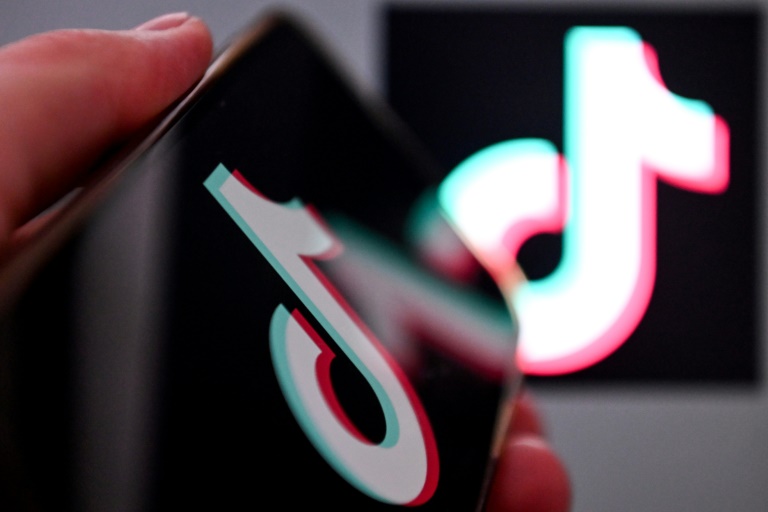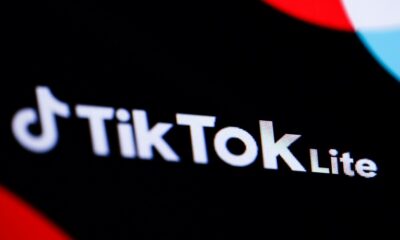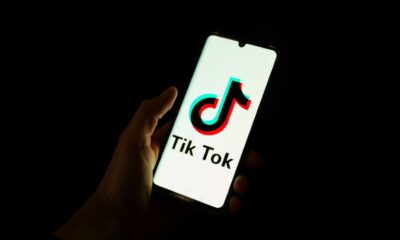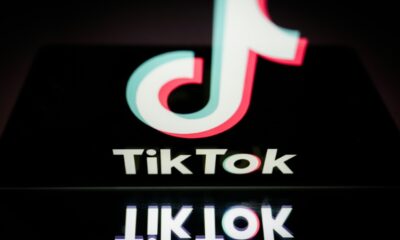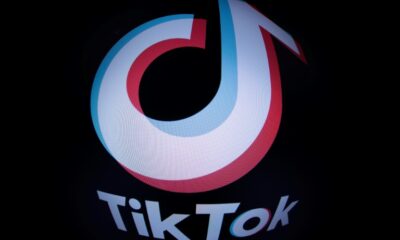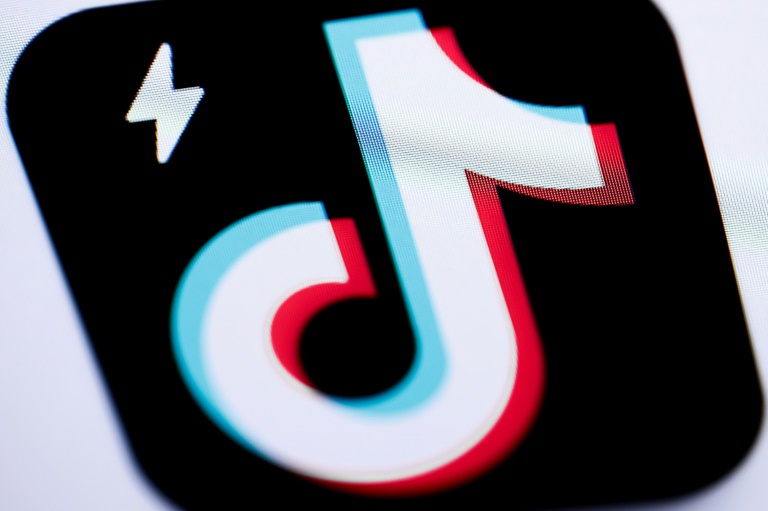A US ban of Chinese-owned TikTok, the country’s most popular social media for young people, seems increasingly inevitable a day after the brutal grilling of its CEO by Washington lawmakers from across the political divide.
But the Biden administration will have to move carefully in denying 150 million young Americans their favorite platform over its links to China, especially after a previous effort by then president Donald Trump was struck down by a US court.
TikTok CEO Shou Zi Chew endured a barrage of questions — and was often harshly cut off — by US lawmakers who made their belief quite clear that the app best known for sharing jokes and dance routines was a threat to US national security as well as being a danger to mental health.
In a tweet, TikTok executive Vanessa Pappas deplored a hearing “rooted in xenophobia”.
With both Republicans and Democrats against him at Congress, Chew must now confront a White House ultimatum that TikTok either sever ties with ByteDance, its China-based owners, or get banned in America.
A ban will depend on passage of legislation called the RESTRICT ACT, a bipartisan bill introduced in the Senate this month that gives the US Commerce Department powers to ban foreign technology that threatens national security.
When asked about Chew’s tumultuous hearing, spokeswoman Karine Jean-Pierre repeated the White House’s support of the legislation, which is just one of several proposals by Congress to ban or squeeze TikTok.
– ‘Prove a negative’ –
The sell-or-get banned order tears up 2.5 years of negotiations between the White House and Tiktok to find a way for the company to keep running under its current ownership while satisfying national security concerns.
Those talks resulted in a proposal by TikTok called Project Texas in which the personal data of US users stays in the United States and would be inaccessible to Chinese law or oversight.
But the White House turned sour on the idea after officials from the FBI and the Justice Department said that the vulnerabilities to China would remain.
“It’s hard for TikTok to prove a negative ‘No, we’re not turning over any data to the Chinese government.’ Look at how skeptical our European partners are about US companies where we have a strong legal system,” said Michael Daniel, executive director of the Cyber Threat Alliance, a non-governmental organization dedicated to cybersecurity.
Presently, the White House’s preferred solution is that TikTok sever ties with ByteDance either through a sale or a spin-off.
“My understanding is that what has been… insisted on is the divestment of Tiktok by the parent company,” US Secretary of State Antony Blinken said on Thursday.
But that option is riddled with difficulties, with many experts saying that Tiktok cannot function without ByteDance, which develops the app’s industry-leading technology.
“ByteDance’s ownership of TikTok and the golden jewel algorithm at the center of this security debate is a hot button issue that will not necessarily be solved just by a spin-off or sale of the assets,” said Dan Ives of Wedbush Securities.
Proving the point, China has ruled out giving the go-ahead for a TikTok sale, citing its own laws to protect sensitive technology from foreign buyers.
That leaves a ban which would see the full might of the US government crush TikTok to the undeniable benefit of domestic rivals Instagram, Snapchat and YouTube.
They currently trail TikTok, which is the most popular social media in the United States.
– Snapchat wins –
TikTok’s demise “will clearly benefit Meta and Snapchat front and center in the eyes of Wall Street,” said Ives, who believes the saga will play out for the rest of the year.
One unknown is whether a death sentence for TikTok will cost Washington politically among young voters.
Through a ban, “a democracy will be taking steps that impede the ability of young Americans to express themselves and earn a livelihood,” said Sarah Kreps, professor of government at Cornell University.
The lawmakers putting the Tiktok CEO over the coals minimized the danger of political blowback.
“I want to say this to all the teenagers… who think we’re just old and out of touch,” said representative Dan Crenshaw, a Republican.
“You may not care that your data is being accessed now, but there will be one day when you do care about it,” he said.

 Business5 months ago
Business5 months ago
 Business4 months ago
Business4 months ago
 Events6 months ago
Events6 months ago
 People4 months ago
People4 months ago
 Events3 months ago
Events3 months ago
